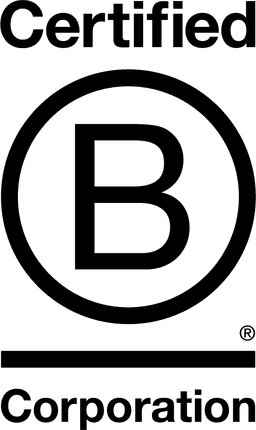

Wake The Tiger

1.6
May 2024
Arts & entertainment
Service with Significant Environmental Footprint
United Kingdom
Wake The Tiger is a business that uses the power of creativity to make transformative and empowering experiences that inspire a world that works for all. We create Amazement Park's which are an immersive art walk-through experience founded by the team behind internationally-renowned festival Boomtown Fair. We bring people together in an inspirational and inclusive space that uses storytelling to take the visitor to an alternate world which challenges perceptions, expands imagination and encourages connection with ourselves, each other and the world around us. We aim to raise public awareness of the societal and environmental issues of the day and create good quality jobs in the creative sector, enhanced community access to our services and active educational partnerships to help build the next generation of creatives. The park appeals to people of all demographics with our core audience being families with peak times being weekends and school holidays. In addition we also deliver adults-only evenings, events and gigs to provide different experiences for everyone.
Overall B Impact Score
Governance 13.2
Governance evaluates a company's overall mission, engagement around its social/environmental impact, ethics, and transparency. This section also evaluates the ability of a company to protect their mission and formally consider stakeholders in decision making through their corporate structure (e.g. benefit corporation) or corporate governing documents.
What is this? A company with an Impact Business Model is intentionally designed to create a specific positive outcome for one of its stakeholders - such as workers, community, environment, or customers.
Workers 23.6
Workers evaluates a company’s contributions to its employees’ financial security, health & safety, wellness, career development, and engagement & satisfaction. In addition, this section recognizes business models designed to benefit workers, such as companies that are at least 40% owned by non-executive employees and those that have workforce development programs to support individuals with barriers to employment.
Community 15.2
Community evaluates a company’s engagement with and impact on the communities in which it operates, hires from, and sources from. Topics include diversity, equity & inclusion, economic impact, civic engagement, charitable giving, and supply chain management. In addition, this section recognizes business models that are designed to address specific community-oriented problems, such as poverty alleviation through fair trade sourcing or distribution via microenterprises, producer cooperative models, locally focused economic development, and formal charitable giving commitments.
Environment 23.5
Environment evaluates a company’s overall environmental management practices as well as its impact on the air, climate, water, land, and biodiversity. This includes the direct impact of a company’s operations and, when applicable its supply chain and distribution channels. This section also recognizes companies with environmentally innovative production processes and those that sell products or services that have a positive environmental impact. Some examples might include products and services that create renewable energy, reduce consumption or waste, conserve land or wildlife, provide less toxic alternatives to the market, or educate people about environmental problems.
Customers 11.7
Customers evaluates a company’s stewardship of its customers through the quality of its products and services, ethical marketing, data privacy and security, and feedback channels. In addition, this section recognizes products or services that are designed to address a particular social problem for or through its customers, such as health or educational products, arts & media products, serving underserved customers/clients, and services that improve the social impact of other businesses or organizations.
What is this? A company with an Impact Business Model is intentionally designed to create a specific positive outcome for one of its stakeholders - such as workers, community, environment, or customers.